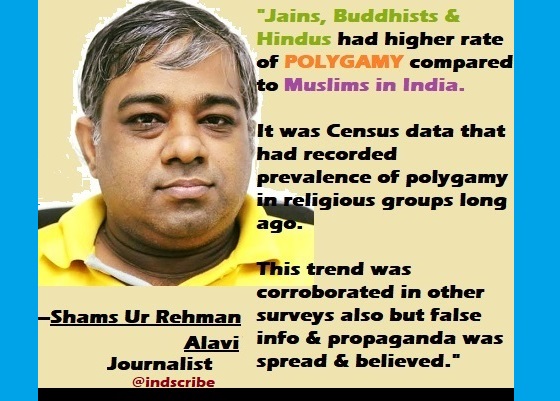[By Shams Ur Rehman Alavi]
1. Imam Husain was one of the most powerful men in his era on the earth. Entire Islamic world was aware of Husain's status.
2. In his childhood, he played in the lap of Prophet (PBUH) who doted on his grandsons. Husain had no want for political power. His single gesture or call could bring revolution across Muslim lands but he didn't want bloodshed.
3. As Prophet's grandson, he had to keep highest moral and ethical standards and not succumb despite tricks, treachery and tyranny. He could never accept a cruel imposter or an unjust ruler's allegiance as it'd have been setting a precedent to have an unworthy or debauched man heading the ummat and this was impossible.
4. The 'bayt' or his allegiance was necessary as Yazid needed legitimacy from people in Islamic world that he had Hussain's [Family of Prophet PBUH] support. The events and the political power's cunning led to the unfortunate massacre at Karbala that is remembered till day and that inspires generations to stand for truth and justice.
5. The sacrifice proved to be the single biggest event that stunned Muslim world. Prophet's grandson and kin were slayed at Karbala. And, it was Prophet's household, granddaughter Zaynab and others who were mistreated and yet survived to tell the tale of the massacre.
6. The anger led to a massive revolution and almost everyone involved in the battle, had to pay the price. Karbala's message was for fight against tyranny and injustice, immense courage in the face of a huge force and yet not compromising when it comes to moral values, justice and ethics.
7. After Husain's martyrdom, his son Imam Zayn Ul Abideen, spent his entire life in prayers and solitude. The Prophet's lineage, their sons and descendants, who commanded moral authority, were seen as a 'threat' by rulers and hence constant attempts were made on their lives and to disconnect them and their teachings from public.
8. However, the fact that it was the House of Prophet that was targeted, makes every Muslim remember Karbala as a symbol of supreme sacrifice and it's legacy is for all Muslims and others, not just for any sect or group, alone. Unbiased and fair mind will take one close to truth.
9. The poetry and literature is full of Karbala's reference as an event that reminded people that how submission is not for a powerful ruler or monarch or worldly authority, but complete submission is for the Almighty.
Iqbal sums it up:
Gharib-o-sâda- o-rangi.n hay dâstân-e-Haram
Nihâyat iski Husayn ibtida hay Ismâil
Allama Iqbal also wrote, 'Har zabaan pe qabza hai Husayn ka', and each couplet shows his depth of emotions for Imam Husain's sacrifice.
10. Last point. In entire Islamic history, either lives of Ahl e Bayt, the sacrifice of Imam Hasan, Imam Husain, Jafar, Abbas, infant Ali Akbar and Ali Asghar, or beyond this, the unfortunate events at Jamal or Siffin, the lives of individuals ranging from Mohammad bin Hanafia to Muhammad bin Abu Bakr, the stand taken by people in the harsh circumstances, have lessons for us.
It's an amazing legacy that offers so much and it must be seen as a responsibility to carry the message. There is no scope for sectarianism here. It can't be from the prism of sects. It is not Sunni or Shia history.
It is Muslim history and world history. Karbala's message is for all. Those who feel emotionally inspired, must stand for truth and resist immoral authority, tyranny and injustice, lead their lives on principles and values.








































